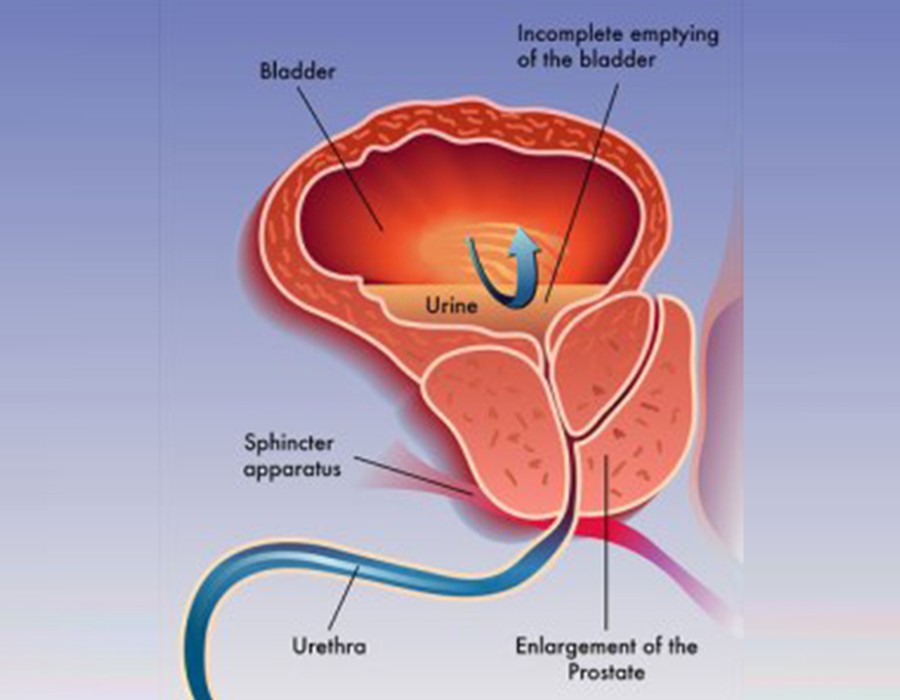Prostate cancer is a significant health concern among men, and urologists play a crucial role in its detection, diagnosis, and treatment.
Here’s an overview of the role of a urologist in managing prostate cancer:
1. Screening and Diagnosis:
- PSA Testing: Urologists often initiate prostate cancer screening with a prostate-specific antigen (PSA) blood test. Elevated PSA levels may indicate the need for further investigation.
- Digital Rectal Examination (DRE): A urologist performs a DRE to physically examine the prostate gland for abnormalities such as lumps or nodules.
- Biopsy: If suspicious findings are detected through PSA levels or DRE, a urologist may conduct a biopsy, where small tissue samples are taken from the prostate gland to confirm the presence of cancer cells.
2. Treatment Planning:
- Collaborative Approach: Urologists work closely with oncologists and other specialists to develop a personalized treatment plan based on the stage, grade, and overall health of the patient.
- Treatment Options: They educate patients about various treatment modalities, which may include active surveillance, surgery (radical prostatectomy), radiation therapy (external beam or brachytherapy), hormone therapy, chemotherapy, or immunotherapy.
3. Surgical Expertise:
- Radical Prostatectomy: Urologists are skilled in performing radical prostatectomy, which involves the surgical removal of the prostate gland and surrounding tissues. This procedure is often recommended for localized prostate cancer.
- Minimally Invasive Techniques: Many urologists specialize in minimally invasive approaches such as laparoscopic or robotic-assisted surgery, which offer quicker recovery times and reduced post-operative complications.
4. Monitoring and Follow-Up:
- Post-Treatment Care: After treatment, urologists monitor patients closely through regular check-ups, PSA tests, and imaging studies to ensure that the cancer does not recur.
- Management of Side Effects: They help manage side effects of treatments such as urinary incontinence, erectile dysfunction, and other complications that may arise from prostate cancer therapies.
5. Palliative Care and Support:
- End-of-Life Care: In cases of advanced prostate cancer, urologists play a role in palliative care, focusing on symptom management and improving quality of life.
- Patient Education: Throughout the treatment journey, urologists educate patients and their families about the disease progression, treatment options, and lifestyle modifications that can aid in recovery and overall well-being.
In essence, urologists are at the forefront of prostate cancer care, from early detection through treatment and survivorship. Their expertise and comprehensive approach ensure that patients receive tailored care, leading to better outcomes and improved quality of life.






Comments